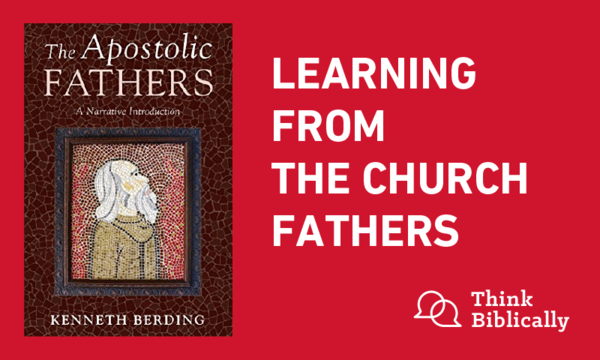Kenneth Berding
Kenneth Berding is a professor of New Testament at Talbot School of Theology. He is an author of various books, some academic (such as Polycarp and Paul), some semi-academic (such as What Are Spiritual Gifts? Rethinking the Conventional View), others for-the-classroom (such as Sing and Learn New Testament Greek or The Apostolic Fathers: A Narrative Introduction), and still others for-the-church (such as Walking in the Spirit or Bible Revival: Recommitting Ourselves to One Book). He has published articles in such journals as the Journal of the Evangelical Theological Society, Vigiliae Christianae, New Testament Studies, and Journal of Early Christian Studies. He is the director of Bible Fluency: Sing It, See It, Study It. Before coming to Talbot, Berding was a church planter in the Middle East and taught at Nyack College just north of New York City. He has a heart for God and ministry, has written many worship songs, and has served as a worship pastor in local church ministry.
View full profile Biola University
Biola University

